When it comes to soul music, categorizing the ‘greats’ at any level has to include the contributions of Donny Hathaway.
Thanks to an intuitive knack for musical arrangements, songwriting and his buttery, gospel-flecked vocals, the Chicago-raised Hathaway was an in-demand musician by his early 20s.
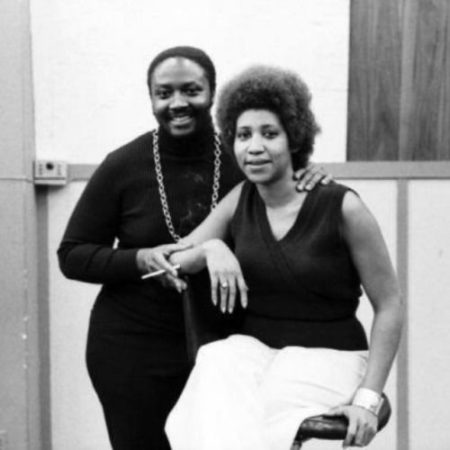 By the time he left Howard University, Donny was a top sessions collaborator who worked on projects with Jerry Butler, Aretha Franklin, and Curtis Mayfield before releasing his seminal 1970 debut, Everything Is Everything. Unfortunately, in-between the velvety duets with friend and former classmate, Roberta Flack (“The Closer I get To You,” “Where Is the Love”) and stellar solo releases (“A Song For You,” “The Ghetto,” “This Christmas”), the husband and father was struggling with both depression and paranoid schizophrenia.
By the time he left Howard University, Donny was a top sessions collaborator who worked on projects with Jerry Butler, Aretha Franklin, and Curtis Mayfield before releasing his seminal 1970 debut, Everything Is Everything. Unfortunately, in-between the velvety duets with friend and former classmate, Roberta Flack (“The Closer I get To You,” “Where Is the Love”) and stellar solo releases (“A Song For You,” “The Ghetto,” “This Christmas”), the husband and father was struggling with both depression and paranoid schizophrenia.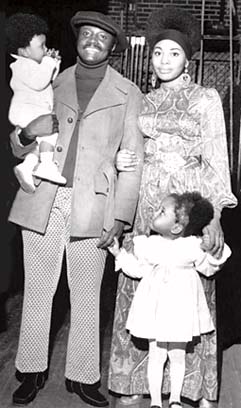
After years of hiatus and attempted treatment, Hathaway’s eagerly-awaited comeback ended with his unexpected death, later ruled a suicide, in 1979. Fortunately, two of his three daughters have continued his musical legacy, most famously by way of his firstborn, Lalah Hathaway.
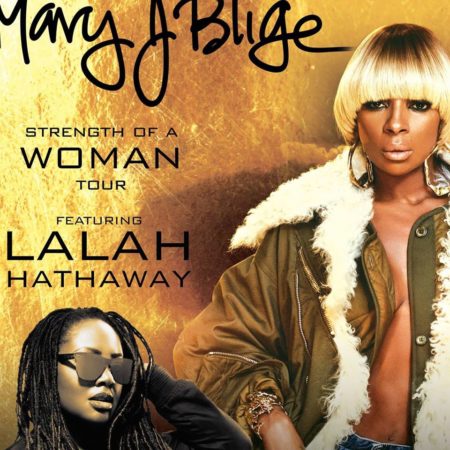 Shortly before opening Mary J. Blige’s Strength of a Woman tour at Dallas’ Fair Park this evening, the Grammy-Award-winning performer spoke by phone about her upcoming music, how her late father continues to reach listeners and how connecting with Blige is as much a treat for her as it is for the fans.
Shortly before opening Mary J. Blige’s Strength of a Woman tour at Dallas’ Fair Park this evening, the Grammy-Award-winning performer spoke by phone about her upcoming music, how her late father continues to reach listeners and how connecting with Blige is as much a treat for her as it is for the fans.
Your new single, “I Can’t Wait,” is your first new music since 2015’s Grammy-Award-winning Lalah Hathway Live. How are listeners receiving it?
“This new record harkens back to the 1990s for me, like “Heaven Knows” and “Baby Don’t Cry.” The music is a lot more rhythmic, so fans feel like it’s a return to an earlier sound.”
The style that you’ve cultivated over the years, which ranges from jazz to contemporary and traditional R&B, is a contrast to Blige’s signature “Hip-Hop Soul.” What does that bring to audiences?
“There’s a lot of joy and a lot of pain in soul music, and as artists, Mary and I can express both sides. We do come from different places (stylistically), but are still cut from the same cloth. She has a fire inside of her right now, it’s been beautiful to tour with her and watch her perform because the music is so empowering. And for women of color especially, our music enriches them as we talk about the madness going on. It helps everyone to escape the madness out there, at least for a while. I learn from Mary as I watch her and it gets me in front of new folks.”
One of the Grammys you won earlier this years was for a remake of your father’s classic, “Little Ghetto Boy.” Do you have a favorite song of his that you enjoy performing the most?
“There is a different ‘favorite’ for me by my father every day, so I don’t really have just one.”
Whether it’s your music or his, is there any theme or message you’d like listeners fans to learn or receive?
“As an artist, all I can do is put the sound out there and hope that the music makes them feel: the thought that goes into describing the work of artists isn’t how we approach it, because the reason for our art is to express ourselves without talking about it, you know what I mean? We want what we make to tell the story, and for listeners to add their experiences. The only job I have is to put it all out there.”

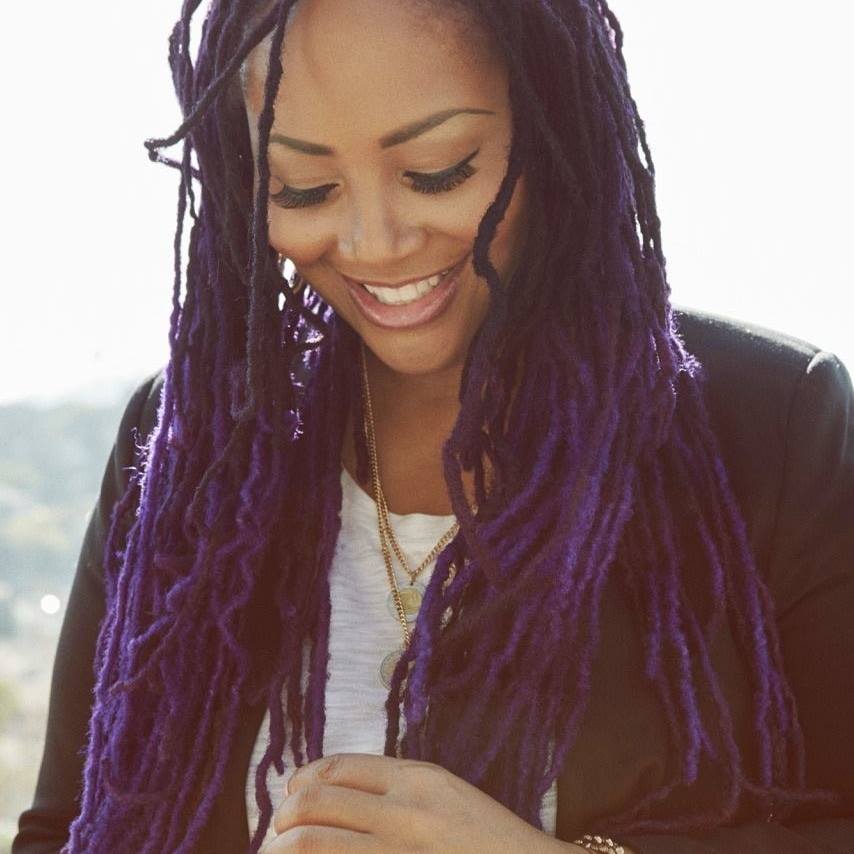
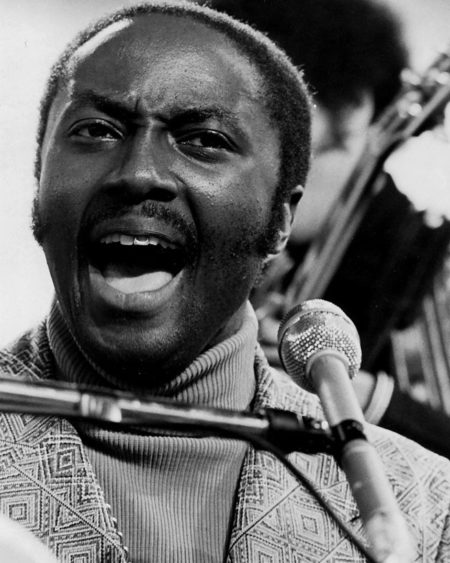
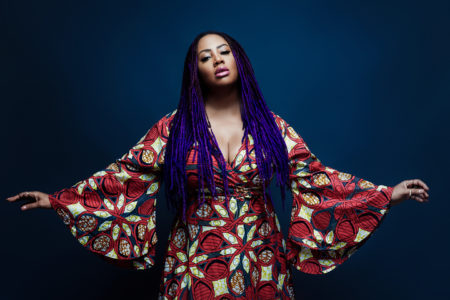
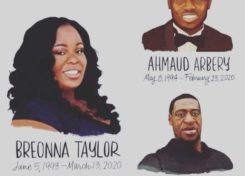
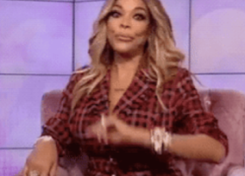

1 Comment
Loved your article. Great update
August 31, 2017 at 4:48 pm